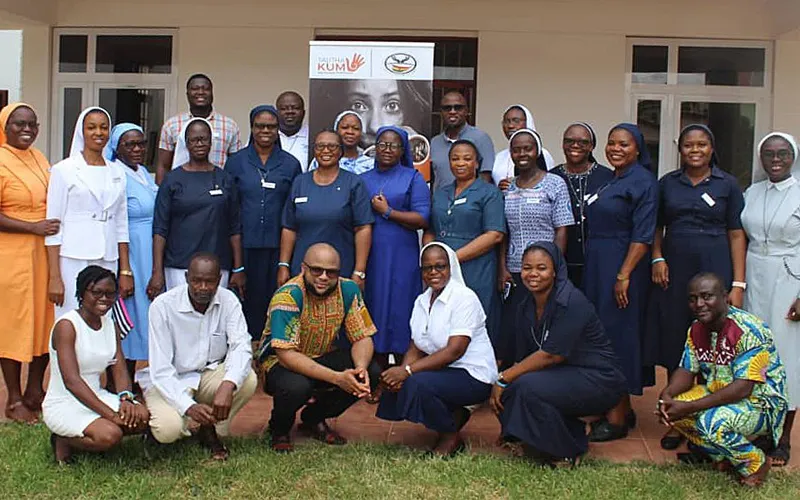Accra, 12 June, 2021 / 11:00 pm (ACI Africa).
Members of the Clergy, Religious, and Laity who took part in a recent conference in Ghana’s capital city, Accra, vowed to do all it takes to strengthen existing networks and build new connections to tackle the problem of human trafficking in the West African region.
During the five-day conference that concluded June 5, participants drawn from the West African countries of Ghana, Nigeria, and Burkina Faso noted that amid COVID-19 challenges, human traffickers have continued their activities.
“The COVID-19 pandemic has magnified the scourge of human trafficking. Traffickers prey upon the most vulnerable and look for opportunities to exploit them,” said Sr. Monica Onwunali.
The member of the Missionary Sisters of Our Lady of Apostles in Nigeria noted that as the entire world came to a standstill when COVID-19 hit, human traffickers found a playground to conduct their crime freely.
The conference brought together participants from the three West African countries who are members of Talitha Kum, an international group of women and men Religious who have come together for the purpose of fighting against human trafficking.








